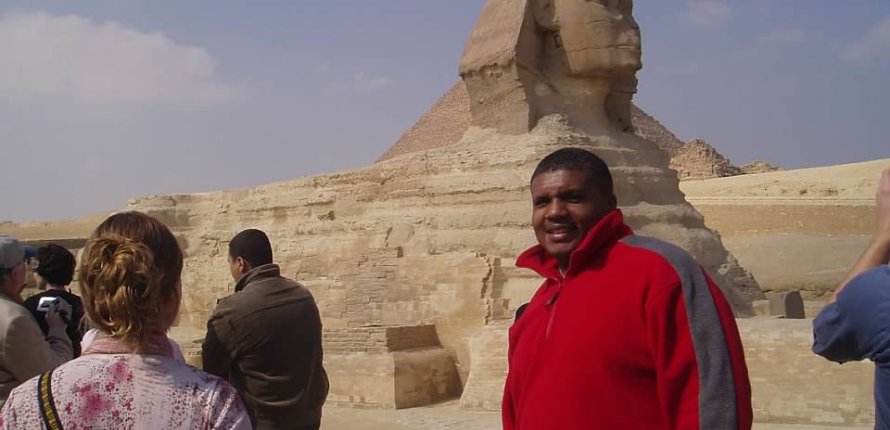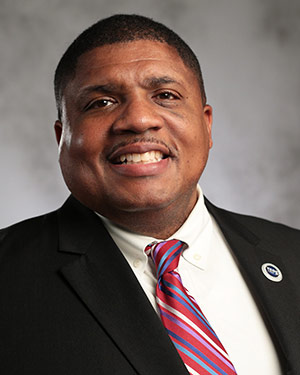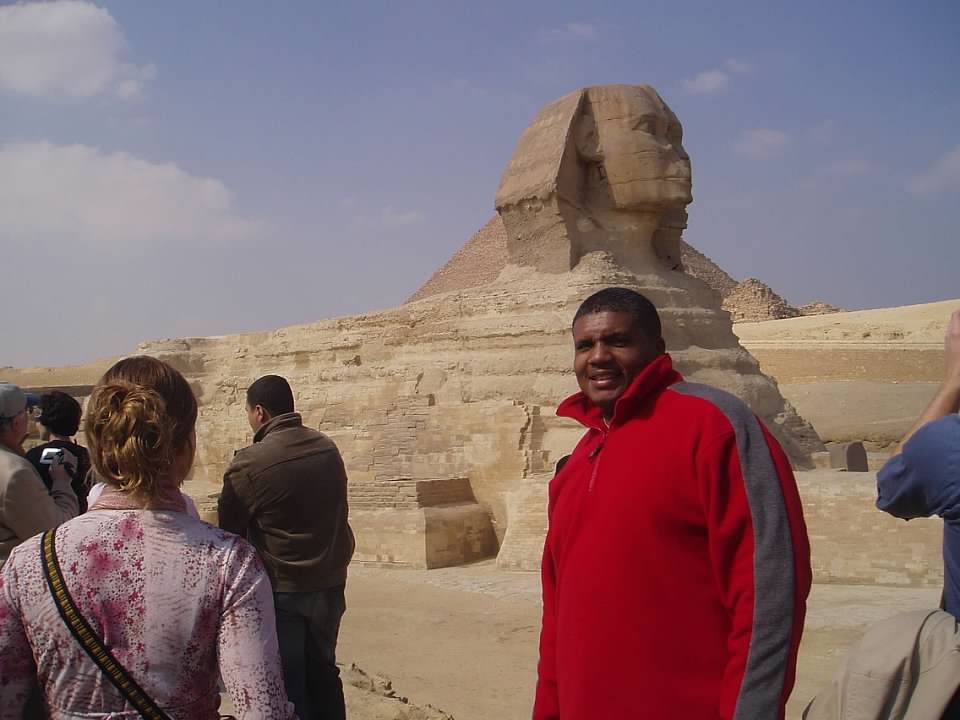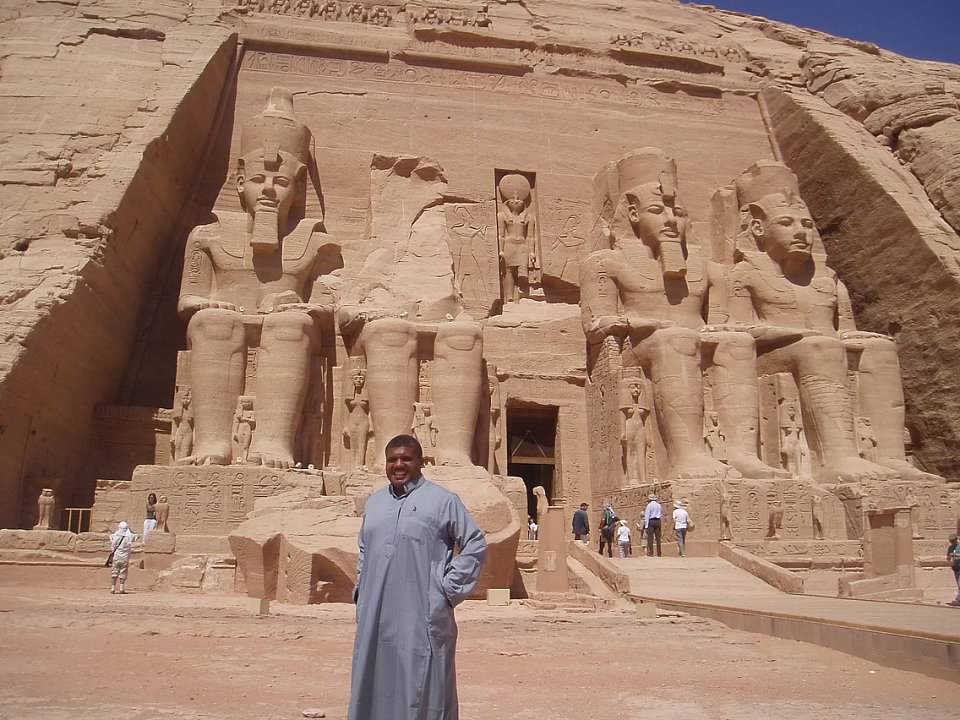Celebrating Black History Month: Q&A with Everette Penn

In honor of Black History Month, Fulbright U.S. Scholar alumnus Everette Penn recounts his experience conducting research and teaching in Egypt, the Fulbright Program application process, and working to reduce the social distance between at-risk youth and police.

Q&A with Everette B. Penn, PhD
1. Tell us a little about your path to Fulbright. Who or what inspired you to apply?
It has now been 15 years since being a Fulbright U.S. Scholar to Egypt in 2005. What inspired me were the events of September 11th, 2001. I realize that some readers of this blog may not have even been alive at the time, but for those of us who were, it is a day we will never forget. On that day I lost a college friend of mine who was serving in the Pentagon. Being from Washington, D.C., having family from New York, and going to school in Western PA, the events touched me, as I worried about my friends and family members throughout the day. After that day and the anti-Muslim rhetoric that began as a result, I pondered about what I could do to build relationships and help move toward peace. It would take a few years, but I applied for a Fulbright award to serve in one of the capitals of the Muslim world's history, arts and culture - Egypt.

2. Tell us a little about your Fulbright research topic and project. What did a typical day as a Fulbrighter look like for you?
I am a Criminologist: I study why crime occurs and what to do about it. I desired to teach and work with Egyptian scholars to understand better the American system and make comparisons to the Egyptian criminal justice system. I was limited to discussing only the American Criminal Justice System, as I taught at Cairo University in the College of Law. My days were filled with learning in and out of the classroom as I taught courses, helped with dissertations, gave lectures throughout the country and Middle East, as well as wrote several manuscripts.. I used my time there to lay the foundation of work to use later in the United States, as I co-founded the Teen And Police Service Academy (TAPS), which works to reduce the social distance between at-risk youth and police (see more at www.tapsacademy.org).
3. What advice would you give to current Fulbrighters in the field about how to get the most out of their Fulbright experience?
Think of the experience as a field training time of research and reflection to set your agenda when you return home. Come back refreshed and ready to apply your international experience to enrich those around you through teaching, research and service.
.jpg)
4. What advice would you give future Fulbrighters on the application process?
As I travel the country as a Fulbright Ambassador I tell applicants to obtain a letter of support from the institution you would like to be your Fulbright host institution. This may involve traveling to the country and making contacts before you apply. By making these contacts and obtaining a support letter prior to applying, you are able to articulate in your application the need for the project, the contacts you would work with, and how your proposed project will be implemented in country and applied upon your return.
5. What might an American/someone from your home country be surprised to hear about your host country/institution/state/etc.?
Beyond the usual “they are so friendly,” “they are so nice” descriptions, Americans may be surprised that people make lasting friendships during their Fulbright experience. I encourage you to be the American seeking friendships, collaborations, and new experiences. Make yourself available for opportunities that will come from your hosts in the form of dinners, activities, social engagements, and conversations.

6. What is your biggest takeaway from your Fulbright?
Fulbright is a game-changer for the Fulbrighter if he/she allows it to be. Move past it being a vita builder and let it be a “you-builder.” Take the time to grow and flourish with this international opportunity.
